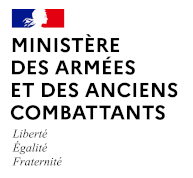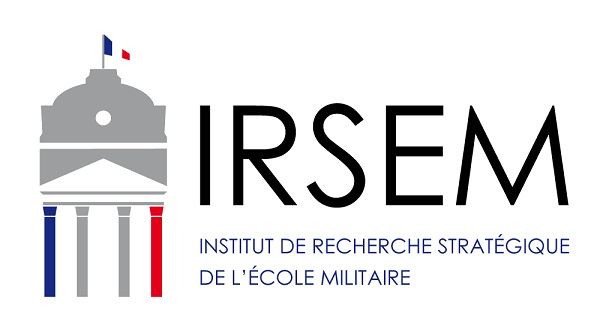Research at the IRSEM
With the Research Institute being at the heart of the Military School, the IRSEM is unique in that it serves as an interface between the world of defence and the university life. In this capacity, it aims to develop a study centre on the theme of war in France.
The IRSEM sends its researchers all over the world to set up and conduct their fields of research. The IRSEM researchers produce :
- internal research meeting the needs expressed by Ministry of Defence organisations.
- external research intended for the scientific community, published in the IRSEM collections or in peer-reviewed books and journals in French and English.
Although it is divided in 5 domains, l'équipe de recherche works on cross-related topics by putting emphasis on an interdisciplinary approach. It is made up of about thirty permanent researchers and is strengthened each year by the presence of post-doctoral, doctoral students, apprentices and research assistants.
Research topics

